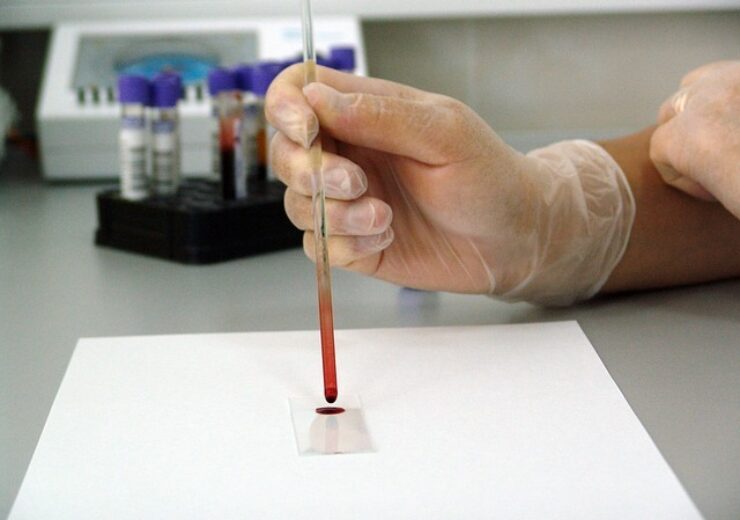RaPID/BSI will help in the detection of the most common bloodstream infections associated with sepsis

HelixBind has secured FDA breakthrough device status for RaPID sepsis test. (Credit: PublicDomainPictures from Pixabay)
HelixBind has secured breakthrough device designation from the US Food and Drug Administration (FDA) for its RaPID sepsis test.
RaPID/BSI, which is the first test for its RaPID platform, will help in the detection of bloodstream infections direct from the blood within hours. It will help in the efficient selection of suitable antimicrobial treatment.
Sepsis, which is induced by a severe immune response to a bloodstream infection, is said to be a major global health crisis.
RaPID direct-from-blood platform helps to detect and characterise bloodstream infections
RaPID is the company’s direct-from-blood platform designed to help in the detection and characterisation of bloodstream infections.
RaPID/BSI has been designed to assist in the identification of the most common bloodstream infections associated with sepsis.
RaPID platform offers various benefits, including the fast turnaround time of a few hours, the large panel of twenty-one bacterial and fungal pathogens covered by a single test, high sensitivity of the test to detect very small concentrations of pathogens contained within a blood specimen.
Sepsis, which is induced by a severe immune response to a bloodstream infection, is said to be a major global health crisis.
HelixBind CEO Alon Singer said: “We are thrilled to receive the Breakthrough Device Designation as it is strong validation of the work we are doing at HelixBind.
“We look forward to continuing our dialogue with the FDA and following its guidance to ensure RaPID/BSI is safe and effective, significantly improving the lives of countless individuals afflicted with sepsis.”
HelixBind is engaged in the development of an advanced diagnostic platform to efficiently deal with invasive infections such as sepsis..
In July, Thermo Fisher Scientific secured approval from the FDA for in vitro diagnostic use of its blood test to detect a novel allergic sensitisation to red meat.
